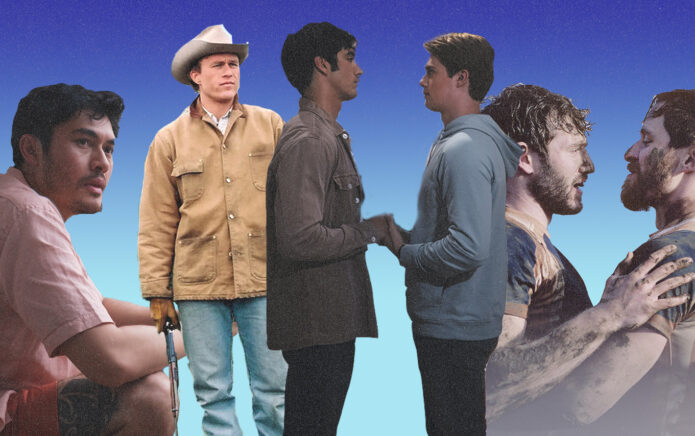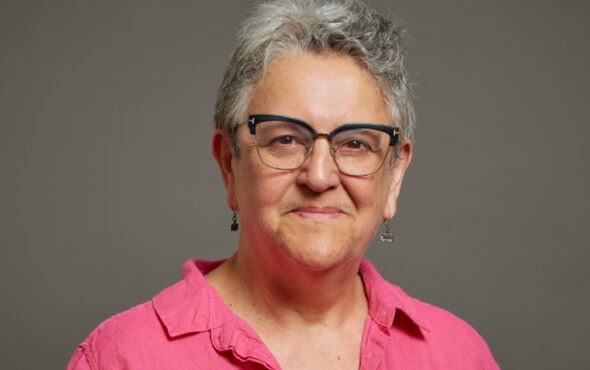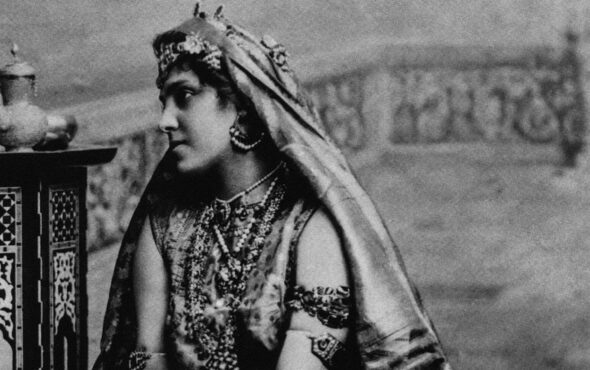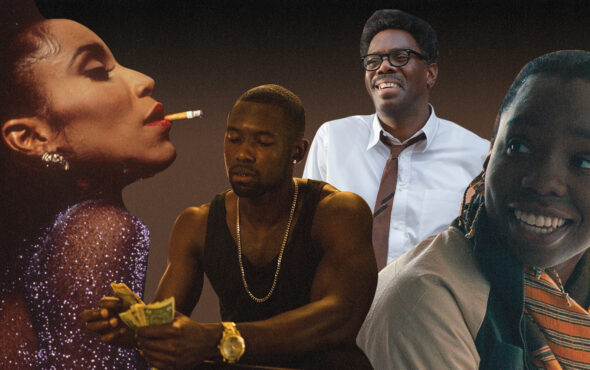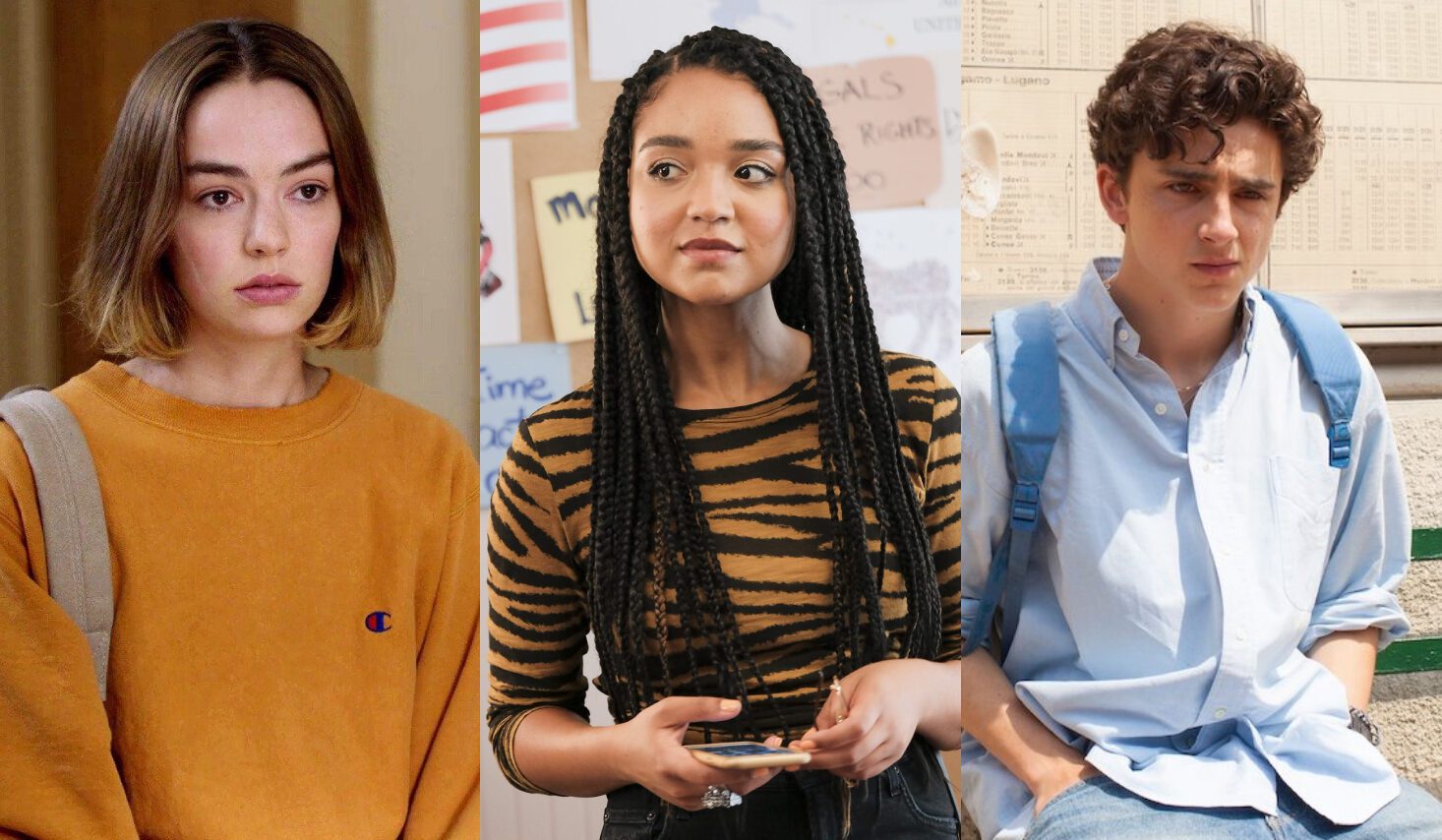
Authentic bisexual representation isn’t something you see a lot of – so many shows fall into the the tropes of negative portrayals or sexualised stereotypes.
Growing up I didn’t see any bisexual characters onscreen, so I didn’t even know bisexuality existed, until I discovered it within myself.
Bisexual people deserve to feel seen and validated, especially in a world where we are so often erased. So, here are my five favourite TV shows for bisexual representation (warning: spoilers ahead!).
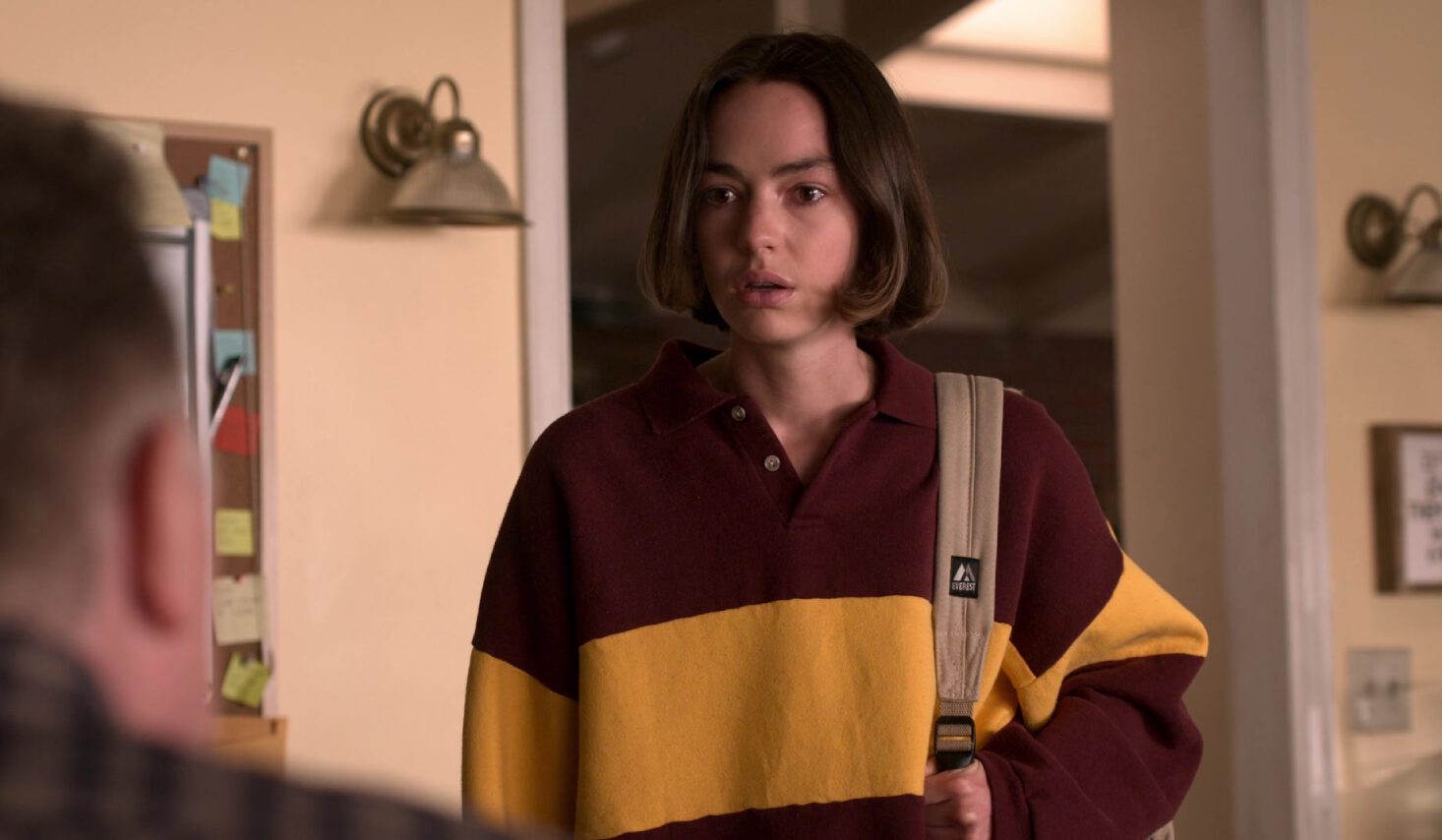
Casey Gardner – Atypical (2017 – 2021)
This is exactly the kind of representation I was looking for when I was in school, that simply didn’t exist at the time. Being bisexual doesn’t dominate Casey’s entire narrative, it’s just one aspect of her multi-faceted character. The storyline follows Casey discovering her attraction for women, when she forms a romantic relationship with her high school best friend Izzie, after separating with her boyfriend, Evan. There is initially friction between Casey and Izzie, as they are competitors on the same track team. If you’re a fan of the classic enemies-to-friends-to-lovers trope, this is the show for you. Although this couple does have their problems, Casey and Izzie’s relationship was founded in female friendship and an understanding of each other’s experiences. Their same-sex relationship is not over-sexualised, it’s a sweet teen, coming-of-age romance that feels intimate and genuine, and their chemistry together is palpable.
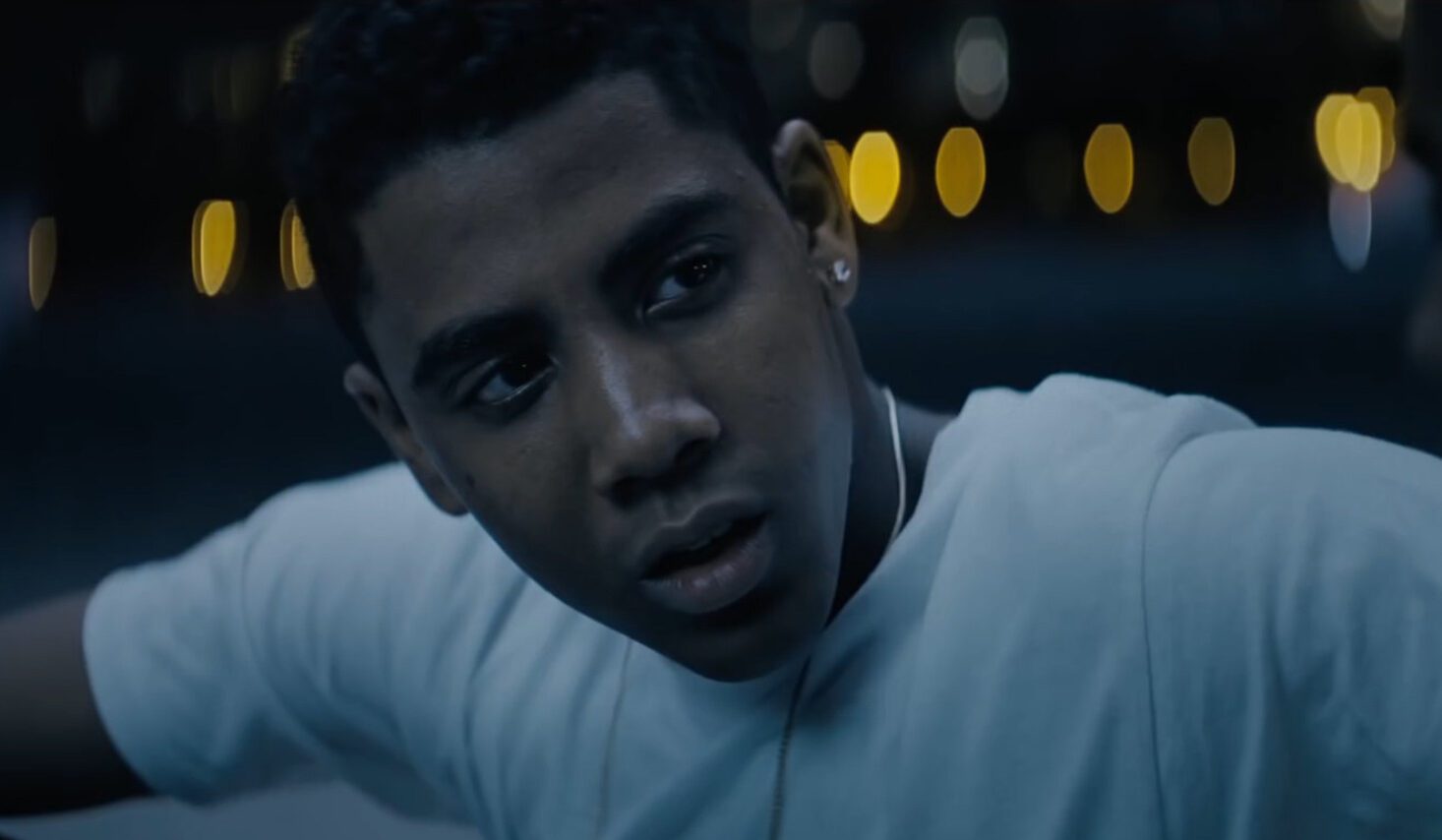
Kevin – Moonlight (2016)
Kevin is the love interest of the main character, Chiron. The narrative follows the two characters at three different stages of their lives, so you see how both their characters and their relationship evolve over time. Whilst it’s not explicitly stated that Kevin is bisexual, his story arc includes authentic, intimate connections with Chiron, as well as a woman called Samantha, the mother of Kevin’s child. Kevin is a complex character with a nuanced narrative, portrayed by the phenomenal actor, Jharrel Jerome. Kevin’s storyline gives an insight into a Black, male character’s experience of sexual fluidity. His character doesn’t adhere to any bisexual stereotypes, and his arc explores themes surrounding masculinity. I like this representation as it’s intersectional and validates the existence of bisexual men.
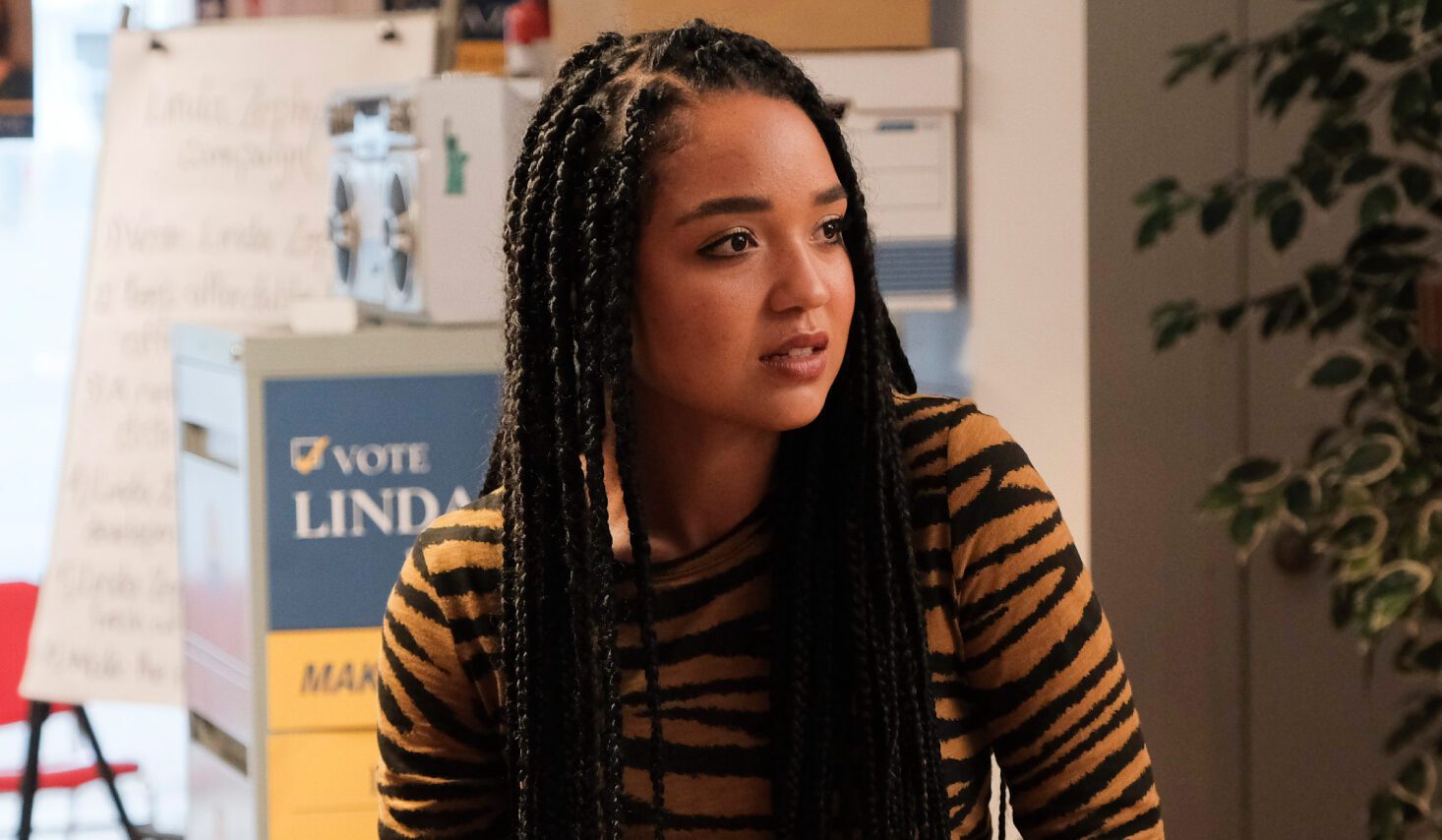
Kat Edison – The Bold Type (2017 – 2021)
Kat is a moral, passionate activist, who is unafraid to use her voice and stand up for those she cares for. She begins the series as the head of social media for a women’s magazine, before running for City Council. Pretty biconic, right? Kat’s narrative spans across multiple seasons, allowing for character development and storylines that allow for her exploration of bisexuality, as she experiments with labels whilst navigating different cultural spheres. Kat initially questions her sexuality when she enters a relationship with a lesbian, Adena. Once their relationship ends, she reflects and chooses the label bisexual, as she realises, she can feel intimately about women and men. Kat is a powerful character I’ll always root for.
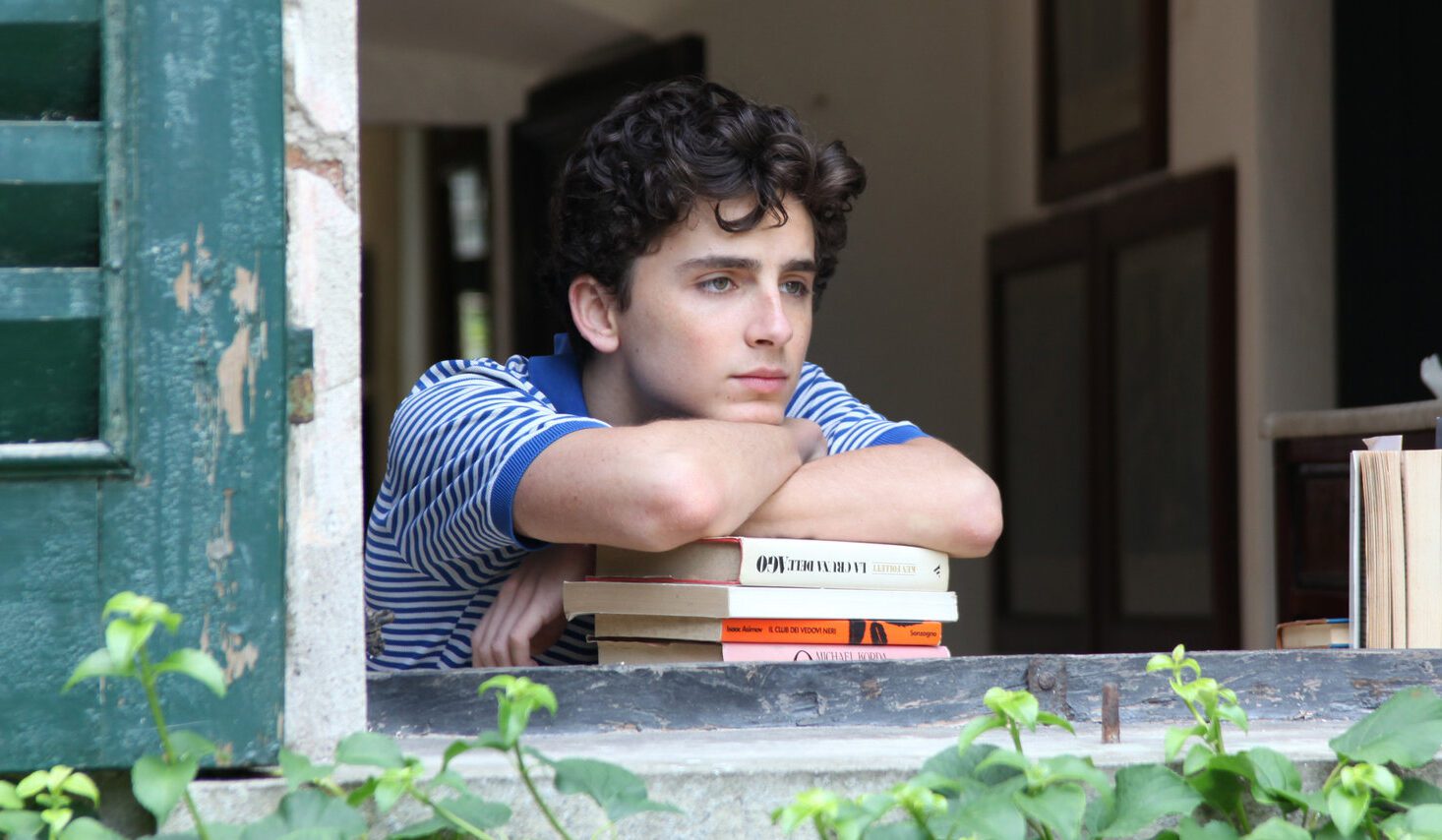
Elio Perlman – Call Me By Your Name (2017)
Elio is a curious and intelligent teenager, who feels an awakening desire for his love interest Oliver, his father’s new intern. Although this story is often advertised as a ‘gay’ romance, both Elio and Oliver have pleasurable relations with women, before being together. A nostalgic tone is set by the stunning colour palette of blues, greens and yellows, as if we are being immersed by Elio’s memories of their life together. Even the setting feels romantic as the characters explore gorgeous summer Italian landscapes. I like this representation as Elio’s parents are perceptive and subtly encourage Elio’s identity and his relationship with Oliver, despite the story being set in 1983 – an unaccepting time for LGBTQ+ folk.
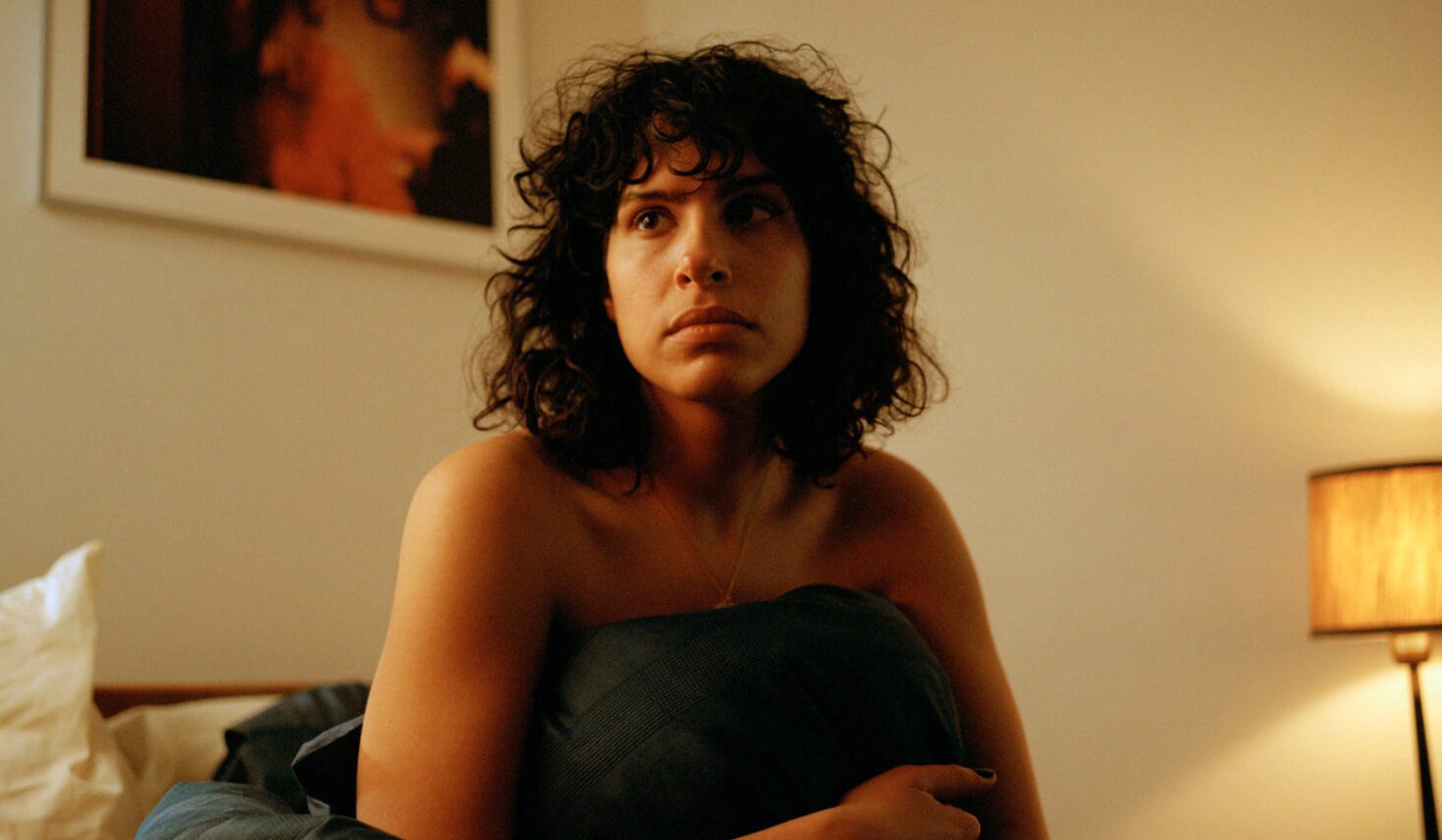
Leila – The Bisexual (2018)
As suggested by the title, this show tackles storylines surrounding bisexuality and identity politics head on. There’s no queerbaiting with this series! The show explores the main character Leila unpacking her feelings of internalised shame towards bisexuality, due to the false, negative stereotypes and myths she has been told about bisexuals. Leila experiences bi-erasure and biphobia, from people both within the LGBTQ+ community and the non-LGBTQ+ community, alike. There are also often moments of wit, humour and joy. The series begins as Leila decides to go on a break with Sadie – her life and business partner of ten years – after Sadie proposes to her. Leila has a fresh start when she moves into a different place and starts experimenting sexually with men for the first time. To me, this representation stands out from other narratives about LGBTQ+ people, that can often consist of teenage coming-of-age tales or stories that centre pain and discrimination.
Hannah is a volunteer with Just Like Us, the LGBT+ young people’s charity.
